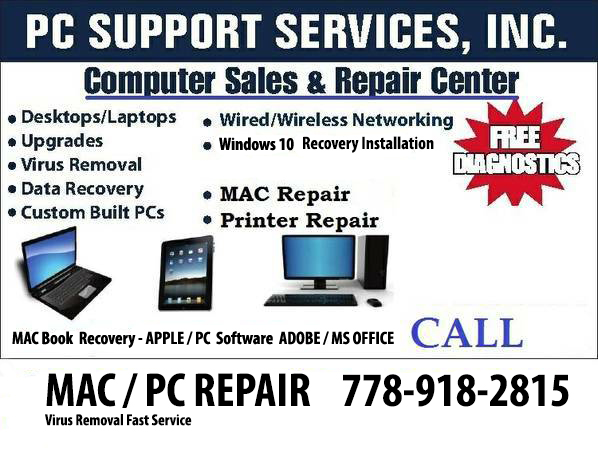

Now, the amount of users that you can support will depend on various factors, mainly which technology you're using to access the FileMaker data.

And you can encrypt the data between FileMaker clients and FileMaker hosts using SSL. You get better performance out of your apps if they're hosted on FileMaker server. FileMaker server can even schedule that FileMaker scripts and operating scripts be scheduled and managed by the FileMaker server operation. The all important automatic backups are also handled by FileMaker server. You can consume XML data, you can also get information about who's accessing your databases. You also have OAuth support in the form of Amazon, Google, Microsoft, Azure or even some active directory support for that matter. You have support for FileMaker data or rest API's, meaning your FileMaker database can have an API created for it and it can act as the source for the data for that API. But to give you an idea, you can host up to 125 files on one single instance of server. And having FileMaker server as your hosting option provides some additional advantages not available in the peer to peer environment. You can even have custom web applications produced using technologies like HTML, CSS, or even PHP, they can access your database, but it's required that that database is hosted on FileMaker server. But suffice to say, you've got a copy of FileMaker server, well, what are the advantages of going with server? First of all, any app that you put on FileMaker server can be shared at the same time in mixed environments like Windows and Mac users and even FileMaker Go on iOS devices, or even web browsers, all of them can be accessing your custom app at the same time. And I'll discuss all those options in the next movie. What you want to do instead is getting a license copy of FileMaker server, that's an entirely different product in the FileMaker platform, you can get an annual license for FileMaker server that can then be either installed on one of the machines that you have as a dedicated server, or you can do some cloud options. Or if you have maybe one other person that wants to connect, it's definitely not meant for production. And really, it's just used for testing purposes. This is something that's called peer to peer sharing. As a matter of fact, if you go to file sharing, and then share with FileMaker clients, you can turn on network sharing. Now, FileMaker Pro Advanced has the ability to host a file. Now hosting refers to making an app available from a single central point for the multiple clients to access.

In order for multiple users to work with your FileMaker database at the same time, the users must be connected to a network and the app must be hosted.


 0 kommentar(er)
0 kommentar(er)
